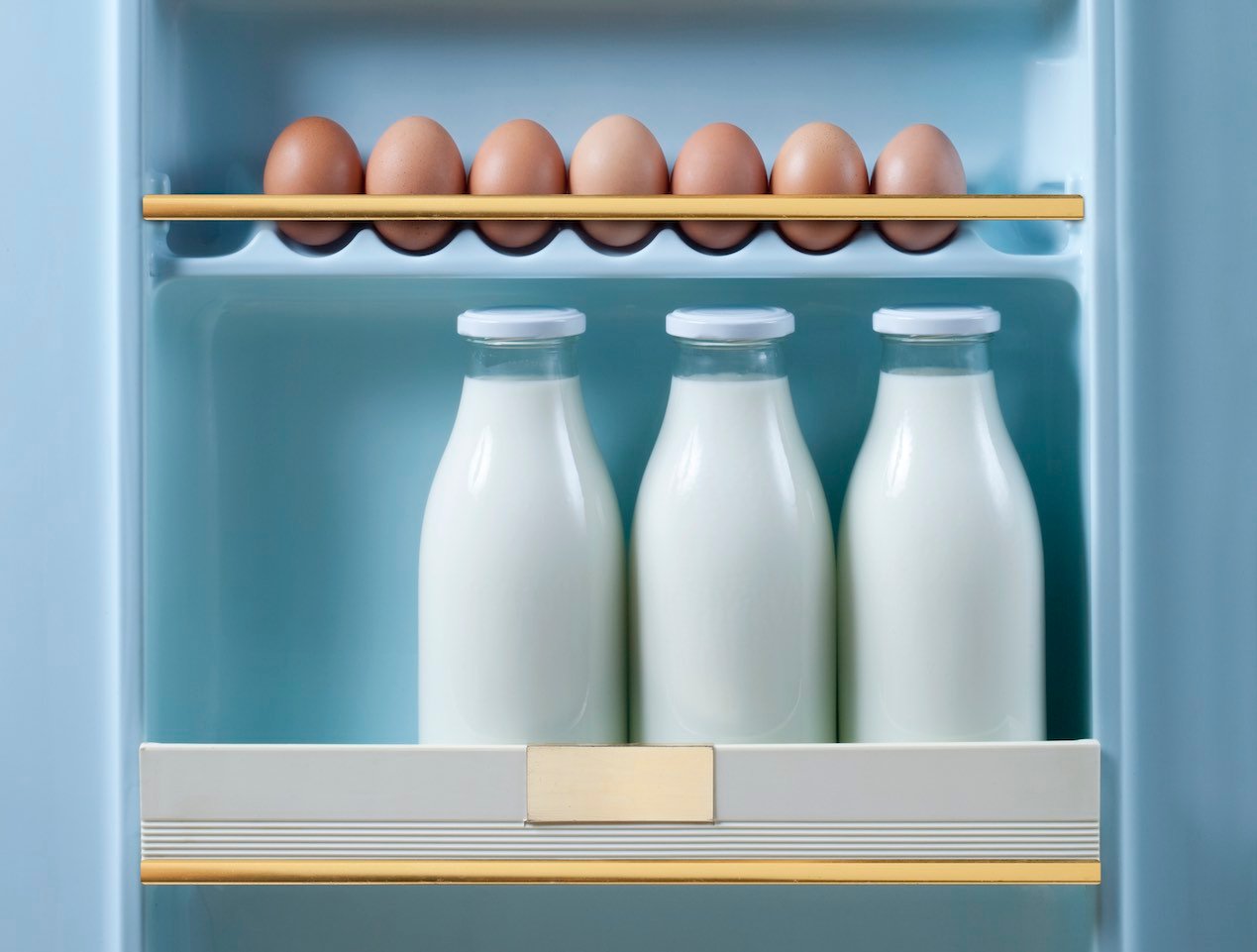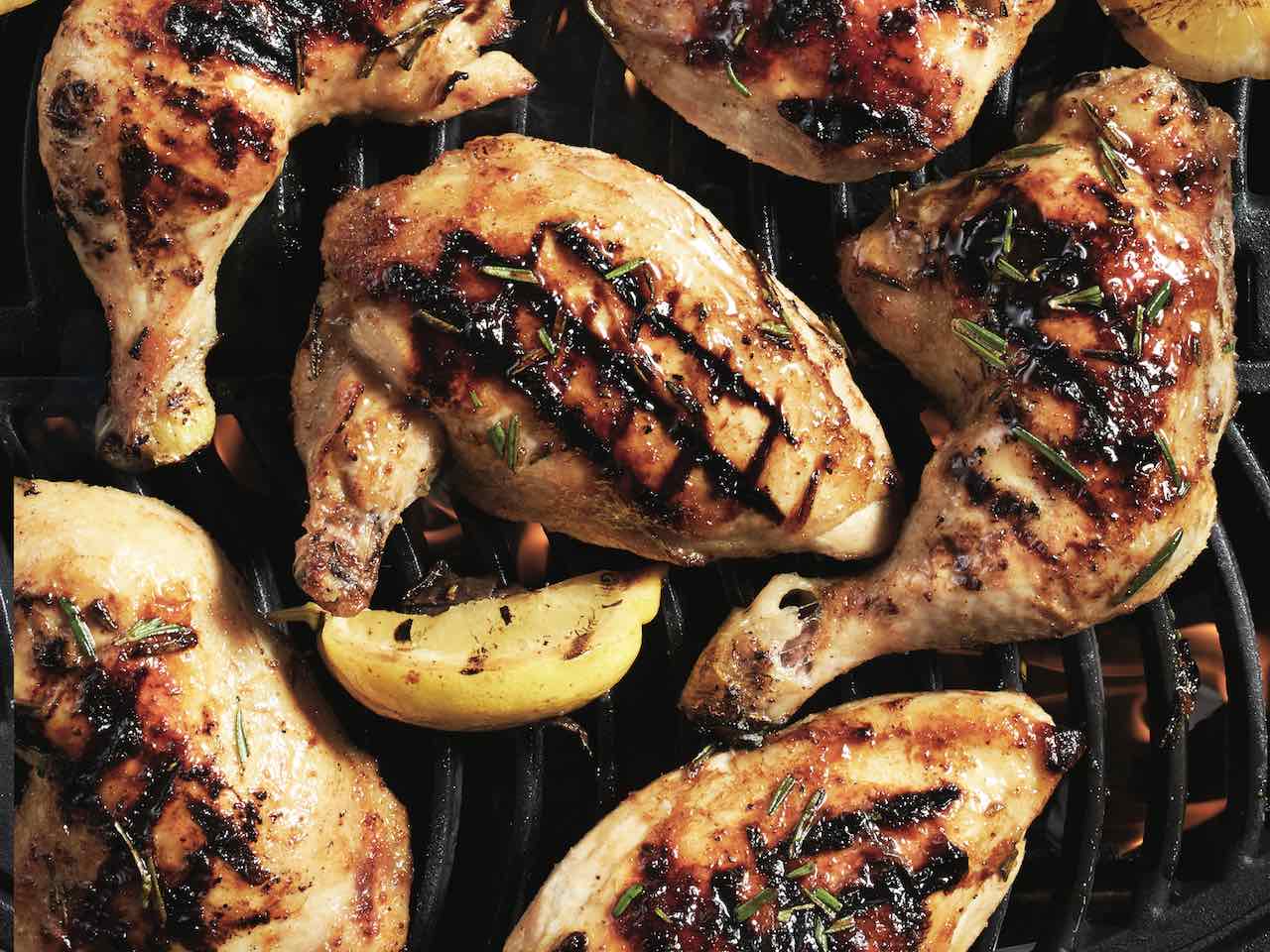Using Your Sense/s
"Best before dates are not indicators of food safety, neither before nor after the date.""You can buy and eat foods after the best-before date has passed. However, when this date has passed, the food may have lost some of its freshness and flavour, or its texture may have changed.""Some of its nutritional value may be lost."Canadian Food Inspection Agency"Sunscreens contain chemicals that eventually break down, compromising the effectiveness of the product, so you should not use a sunscreen after its expiry date."The Canadian Dermatology Association
When in doubt, compost it. There was a time when no government agencies instructed consumers on whether items would be safe to consume, much less when the products were produced, and when the recommended time-sensitive date was for best nutritional and taste value. People used their common sense and their sense of detection; if something looked not quite right; discoloured, or had an 'off' odour, or its composition had deteriorated. When it came to tins most people knew not to buy one that had been dented or bulged. If something was mouldy, it was to be avoided.
 Almost all food products now are stamped with a production/distribution date and many with a suggested 'best-before' date for edibility; not, according to the CFIA, as an indication of food safety. There are five types of food that do require expiration dates with strict nutritional specifications and they are formulated liquid diets, pharmacist-sold foods for low-energy diets, meal replacements, nutritional supplements and infant formula. Foods which "should not be bought, sold or eaten if the expiration date has passed", according to the CFIA.
Almost all food products now are stamped with a production/distribution date and many with a suggested 'best-before' date for edibility; not, according to the CFIA, as an indication of food safety. There are five types of food that do require expiration dates with strict nutritional specifications and they are formulated liquid diets, pharmacist-sold foods for low-energy diets, meal replacements, nutritional supplements and infant formula. Foods which "should not be bought, sold or eaten if the expiration date has passed", according to the CFIA.Specifically foods with a shelf life of 90 days or fewer require a best-before date. The product's manufacturer may decide that the date should reflect how long the food will remain fresh, taste good or retain its nutritional value, not however for how long it can be considered to remain safely edible. Other manufacturers may determine best-before dates for food lasting longer than 90 days is appropriate.
Value Chain Management, and Second Harvest's 2019 report estimates that 48 percent of all food produced in Canada goes to waste with households throwing away food they've spent $1,766 on annually; food that ends up in landfills and there as it decomposes, greenhouse gases are produced. An advocacy group, Love Food Hate Waste Canada found during the pandemic people have been preparing meals at home more frequently while taking fewer grocery shopping trips, consequently buying more food when they do shop to last a more extended period of time.
Fresh fruits and vegetables, bread, buns and bagels fall into the category where they're considered edible until such time as visible rot, mould or an odour of biodegradation is detected. Cooked luncheon meats are considered edible for a week after the best-before date; two weeks for dairy products like milk, yogurt, cheese and sour cream. Past 72 hours after the best-before date, cakes, cookies, pies, chocolate and pudding should be set aside.
 |
| Freeze raw chicken if it’s approaching its best-before date. Photo, Erik Putz |
Frozen ground meat is considered safe two to three months after the best-before date in a frozen state, and frozen fish two to six months, while frozen poultry pieces are good frozen up to six months.
Canned goods are considered safe to consume within a year of purchase and the same for condiments such as ketchup, mustard, relish, jam, mayonnaise, salad dressing, vinegar and soy sauce. Frozen dinners and microwaveable meals are also given a year from purchase for edibility and safety. Flour, oats, pasta and rice likewise.
Canned goods are considered safe to consume within a year of purchase and the same for condiments such as ketchup, mustard, relish, jam, mayonnaise, salad dressing, vinegar and soy sauce. Frozen dinners and microwaveable meals are also given a year from purchase for edibility and safety. Flour, oats, pasta and rice likewise.
A year in a frozen state is given for large cuts of meat that includes beef, lamb, pork and whole poultry; unlike their chopped or ground counterparts, large pieces bear less surface area to invite bacteria.
Labels: Best-Before, Expiration, Food Safety, Nutrition

0 Comments:
Post a Comment
<< Home